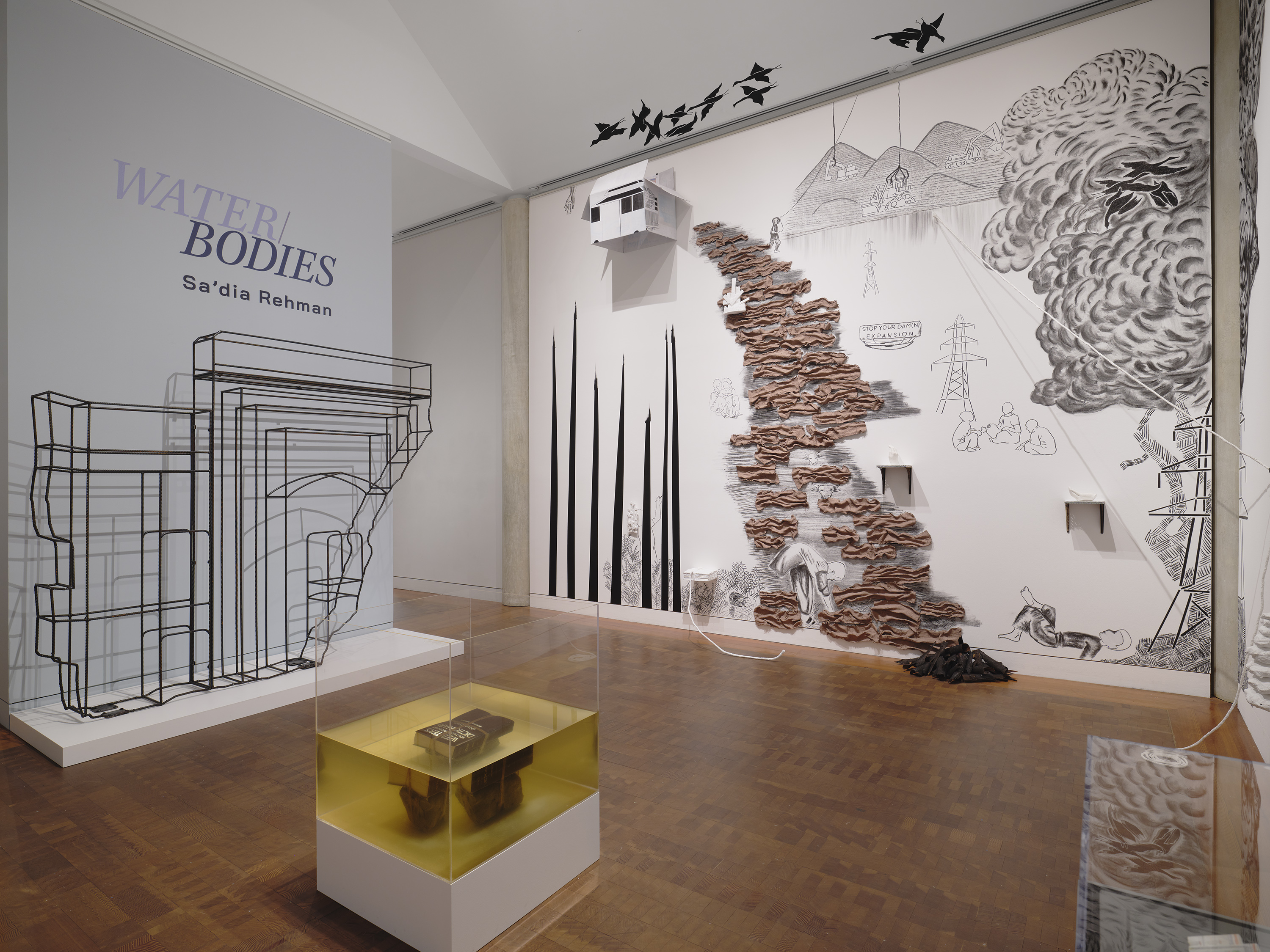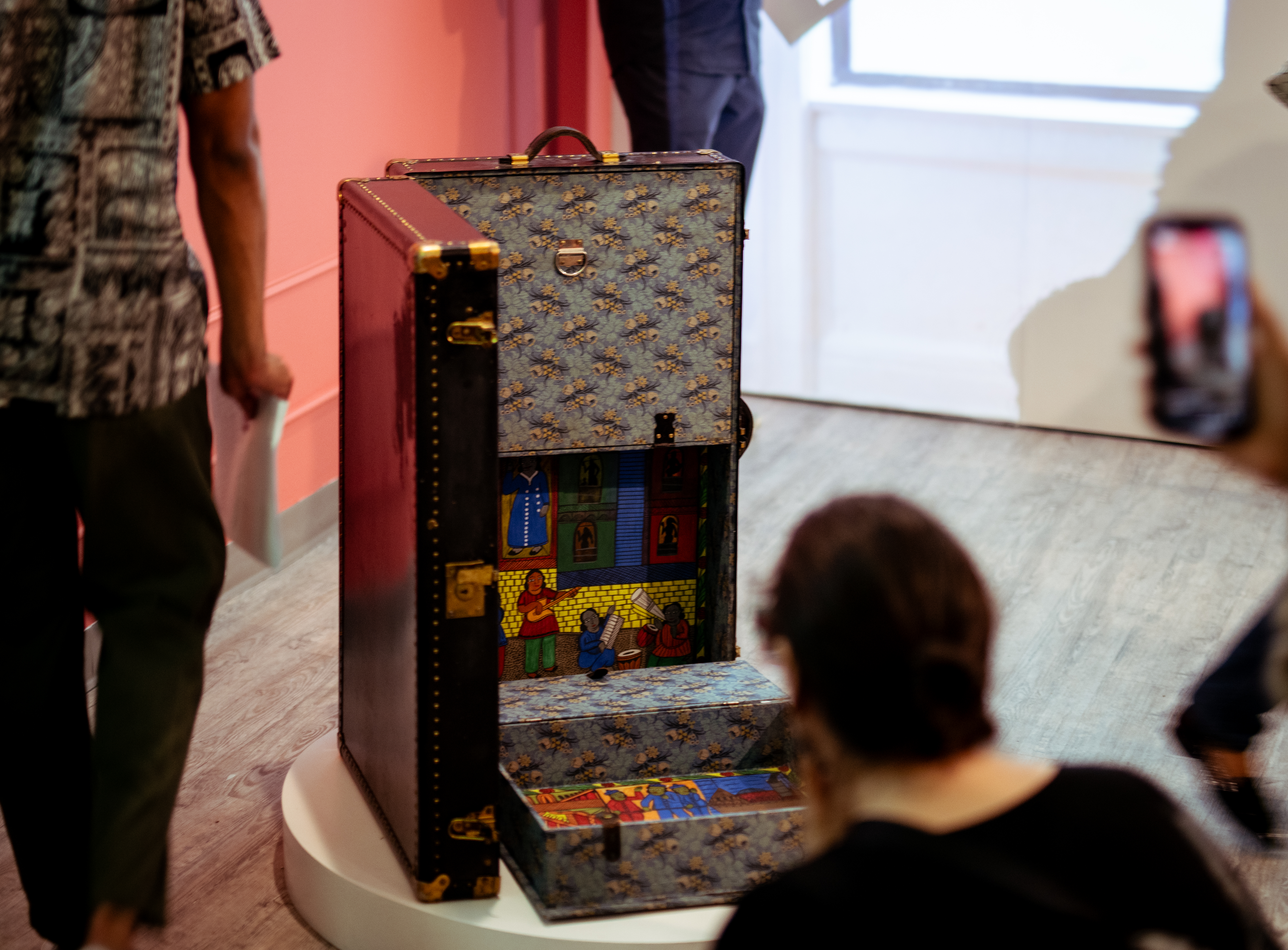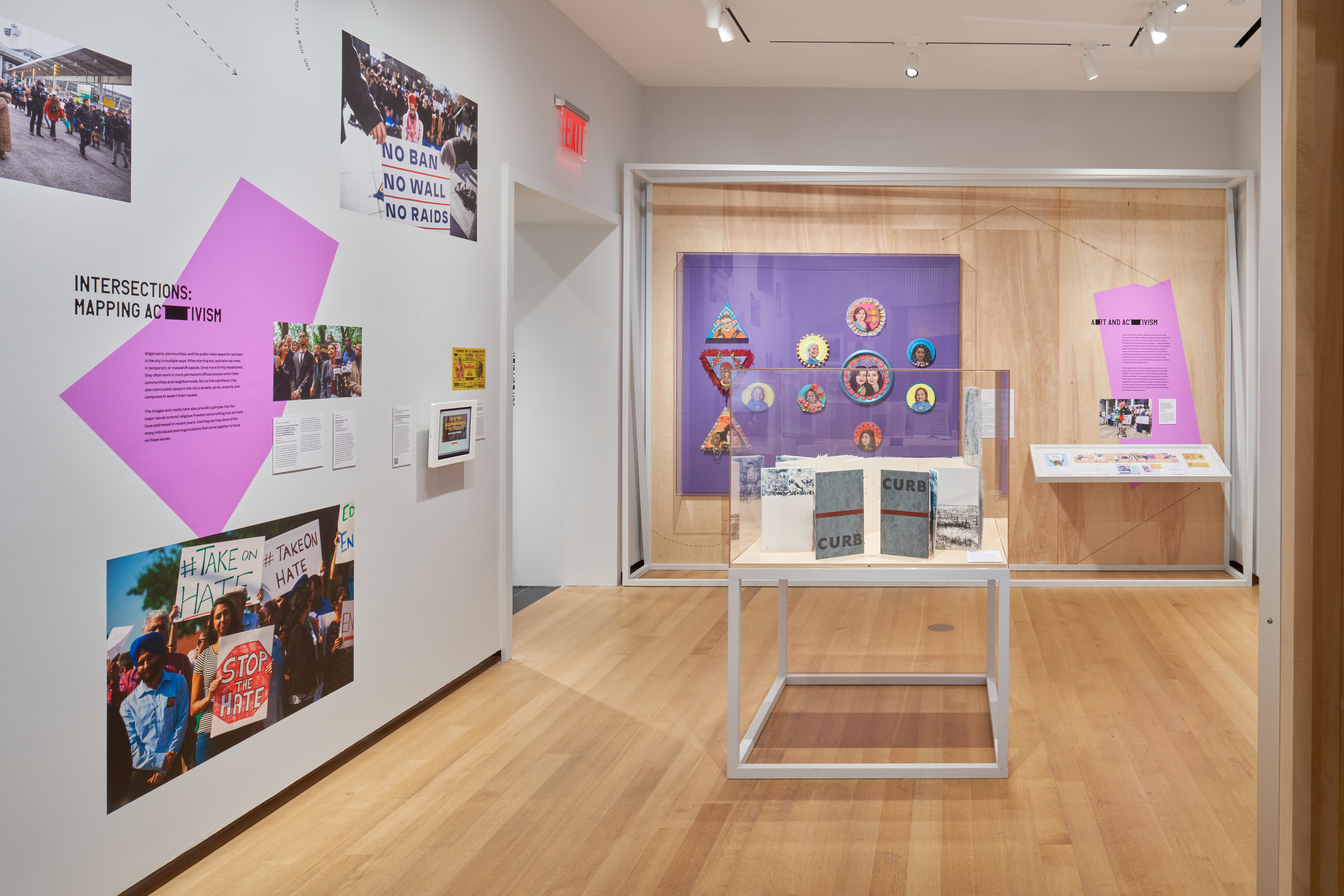Azra Dawood

About
I am an interdisciplinary historian, curator, and educator with a background in architecture. Broadly, my research focuses on global built environments and art practices, which I study through the lens of cultural pluralism; religion and secularism; empire and philanthropy; migration; and anthropogenic change. My curatorial work centers socially-engaged approaches to public history, and has been featured in The Washington Post, The New York Times, Hyperallergic, Times Union, and other outlets.
At Vassar College's Frances Lehman Loeb Art Center in Poughkeepsie, where I am the Curator of Academic Programs, I have organized Water/Bodies: Sa'dia Rehman, an exhibition focusing on the human and environmental costs of dam construction globally. Water/Bodies will be on view through August 17, 2025. Independently, at Twelve Gates Arts in Philadelphia, I have curated first there was a sea, an exhibition featuring artists Baseera Khan; Utsa Hazarika; Divya Victor and Aaron Cohick; and Priyanka Dasgupta & Chad Marshall. Imagined as a “continuum room,” the gallery space explores the shifting intersections of religion and race that have shaped South Asian lives in the United States. The exhibition features projects that connect multiple timelines in U.S. and South Asian history, often through the use of objects that speak to crossings or journeys. This exhibition will be on view through August 16, 2025.

Previously, at Museum of the City of New York (MCNY), I curated City of Faith: Religion, Activism, and Urban Space (October 2022-2023). Also at MCNY, I curated a web-based interactive timeline showing how the COVID-19 pandemic and 2020's Black Lives Matter protests transformed public space and life in NYC.

Originally trained as an architect, I have worked at architectural practices in Karachi, Austin, and New York City. Later, I received a doctorate in architectural history from MIT's History, Theory and Criticism of Architecture and Art program and the Aga Khan Program for Islamic Architecture. My academic research focused on the institutional projects financed by the Rockefeller philanthropic network in the early-twentieth century, reading these institutions' architectural and administrative design from the perspective of immigration policies; the Rockefeller network's pursuit of social engineering; and early-twentieth century theological movements. A related article was published in the Journal of Architecture. I have taught histories of architecture and architectural media at University of Houston, Bard College, and Pratt Institute. My experience as an educator, my training in spatial thinking, and my focus on socially-engaged practices undergirds the work I perform in my current role at The Loeb and across my independent projects.
Send me a message